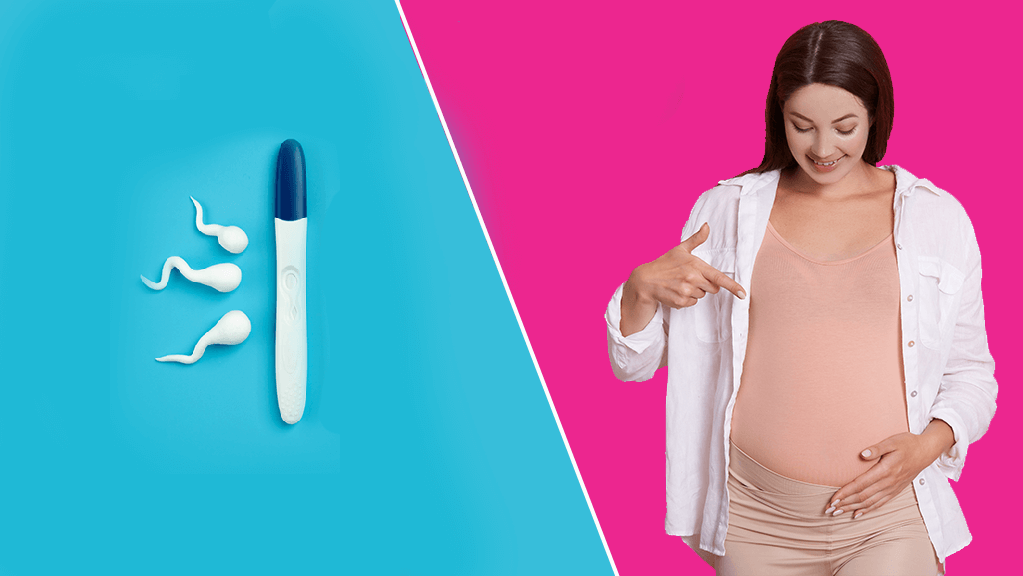IVF, a breakthrough in reproductive science, brings hope to many couples longing for conception. Despite its promise, a major IVF obstacle remains compromised egg quality. This issue substantially influences the procedure’s IVF success rates.
Egg quality holds pivotal importance in successful fertilization and subsequent embryo development. Compromised egg quality encompasses abnormalities impacting their structure or genetic composition. Various factors influence this decline, such as age, lifestyle choices, genetic predispositions, and specific health conditions.
An influential factor contributing to diminished egg quality is advanced maternal age. As women grow older, a noticeable decline occurs in both the quantity and quality of their eggs, posing hurdles to achieving successful pregnancies via IVF. The aging process significantly impacts the chromosomal stability of eggs, increasing the likelihood of genetic irregularities within embryos, including conditions like Down syndrome.
This age-related decline involves various intricate biological mechanisms. As women age, the pool of eggs diminishes in number and tends to harbor more abnormalities. The chromosomal integrity of eggs weakens over time, increasing the likelihood of errors during fertilization and early embryo development. These errors often result in genetic irregularities, posing challenges to successful pregnancies.
Apart from age, certain lifestyle choices such as smoking, heavy alcohol intake, and obesity have adverse effects on egg quality. These behaviors trigger oxidative stress, causing cellular harm and directly influencing the quality of eggs collected in IVF.
Genetic factors also play a role in determining egg quality. Some women may have genetic predispositions that influence the quality of their eggs, making it more difficult to produce viable embryos during IVF treatments (IVF Treatment in Hindi).
Furthermore, certain medical conditions like polycystic ovary syndrome (PCOS) or endometriosis can affect egg quality. PCOS, characterized by hormonal imbalances, can lead to irregular ovulation and lower egg quality. Endometriosis, a condition where tissue similar to the lining of the uterus grows outside the uterus, may also impact egg quality by creating an inflammatory environment that affects egg development.
The impact of diminished egg quality on IVF results is significant. In an IVF cycle, the objective involves obtaining top-notch eggs, fertilizing them with sperm in a lab, and then implanting resulting embryos into the uterus. Nevertheless, subpar egg quality may yield fewer retrieved eggs, reduced success in fertilization, and a lowered chance of viable embryos for transfer.
For individuals facing poor egg quality, there are some strategies that the Best IVF Doctors in Mumbai may employ to improve their chances of success during IVF. Supplementing certain antioxidants and vitamins, like coenzyme Q10 or vitamin E, might help reduce oxidative stress and potentially enhance egg quality. Additionally, preimplantation genetic testing (PGT) can be utilized to screen embryos for chromosomal abnormalities before transfer, increasing the likelihood of selecting healthier embryos.
While these interventions may offer some improvement, they may not completely overcome the challenges posed by poor egg quality. For some individuals, considering alternative options such as donor eggs might be more viable pathways to parenthood.
To sum up, compromised egg quality stands as a substantial barrier in achieving favorable IVF results. Understanding the elements impacting egg quality and exploring potential interventions are vital in helping individuals facing fertility hurdles, enabling informed choices about their reproductive possibilities.






Comments